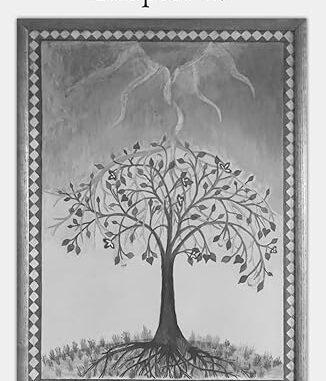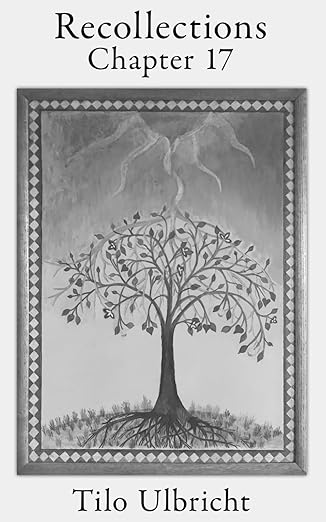

This book is a continuation of, and perhaps a conclusion to, a much longer book of recollections published in 2022, recording the author’s attempts to follow the teaching of G. I. Gurdjieff over more than six decades. Like its predecessor, the book confronts the question of transmission in a directly personal way: what do I understand? What can I pass on? He reminds us that, in Gurdjieff’s book Beelzebub’s Tales to his Grandson, the prophet Ashiata Shiemash, faced with essentially the same question, neither taught nor preached but instead found people who were already searching and made them aware of the existence in themselves of “objective conscience”.
When the author first encountered the Gurdjieff teaching in the 1950s, it was very little known and there were hardly any books on the subject. Now, in addition to Gurdjieff’s own writings, which are all in print, there is an ever expanding “secondary Gurdjieff literature”, as the author calls it. When reading any of those books the question arises, what does the writer actually understand? Is it all just theoretical knowledge?
In his earlier book of Recollections, the author tackled this inescapable question by recording a variety of material — notes of conversations and of exercises, personal experiences and impressions — without too much explanation or commentary, so that the reader has the freedom, but also the responsibility, to search, or rather to listen, for whatever is of essential value. As readers, we have a responsibility to read with active attention, to exercise a kind of impartial discrimination, independent of our personal likes and dislikes.
Because of the author’s stage in life, there are fewer outer “events” to report in this addendum, except for the deaths of people close to him, including his wife. These crucial events are interwoven with a variety of reflections, including distillations of some of the themes of the earlier book. The reflections range widely over topics including: how practices in the teaching have changed over time, the need for money, the pros and cons of inviting parents with young children to weeks of work, and others.
In addition, the book includes a text of unknown provenance, which the author found among his papers, which links the role of the moon in Gurdjieff’s cosmology with sensation (that is to say, sensing oneself). This passage is not an easy read, but for anyone seriously interested in the Gurdjieff teaching it is well worth studying closely.
Although these topics are diverse, there is a single thread which runs through everything, with three aspects: the central importance of sensation, as mentioned above, the equally crucial need to be open in one’s feelings, and the need to repair the past — which is eternally present — by experiencing remorse. If I had to summarise the essence of this book in three words, they would be: sensation — feeling — remorse.